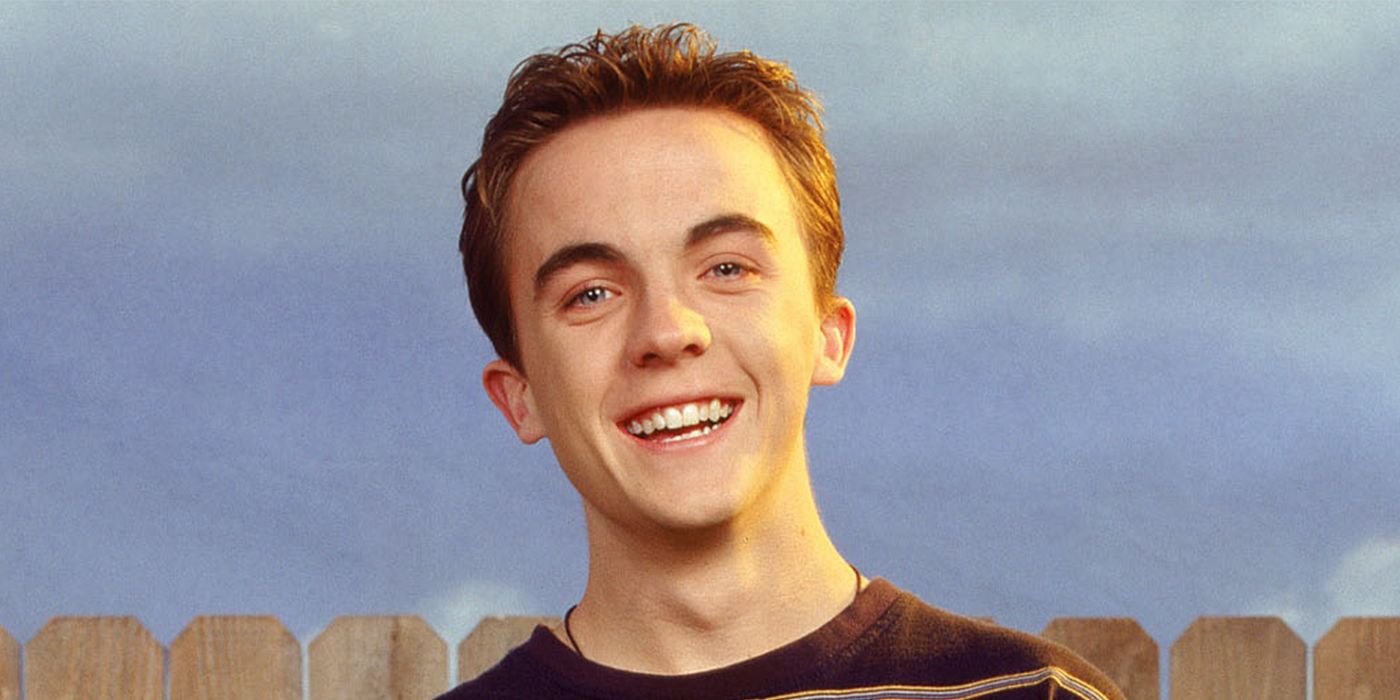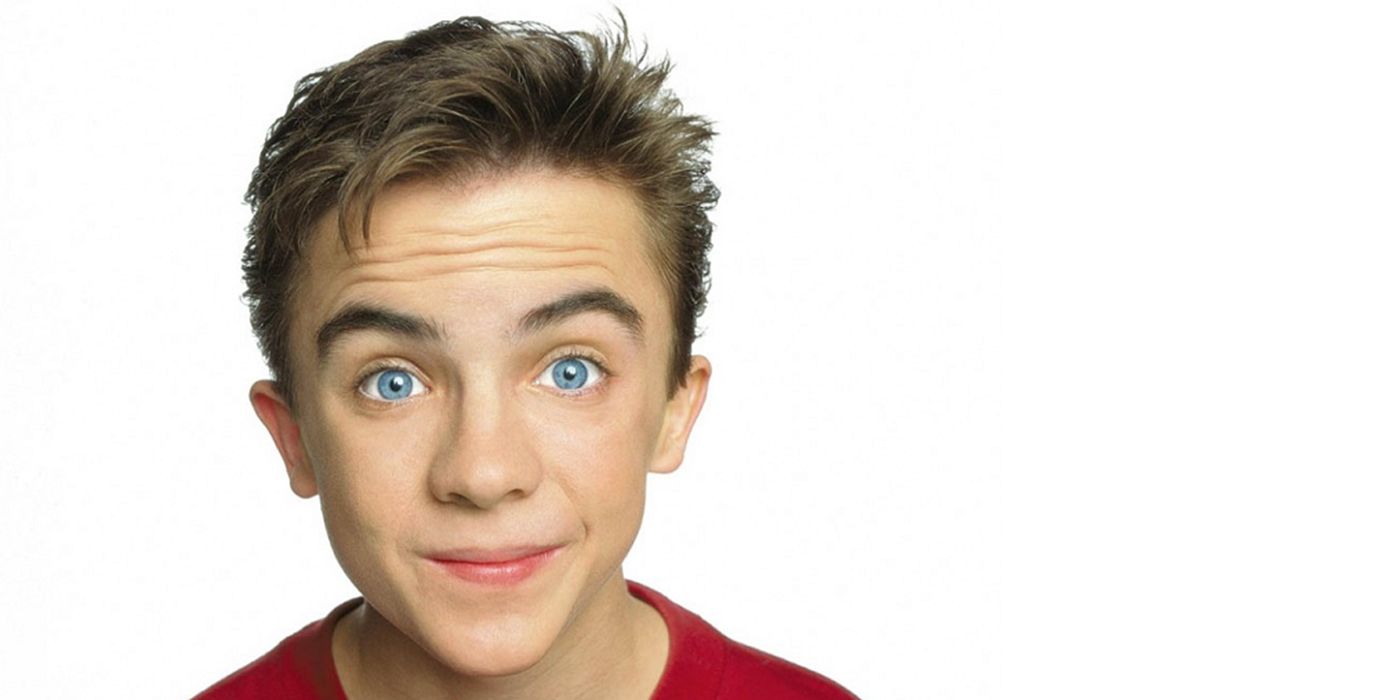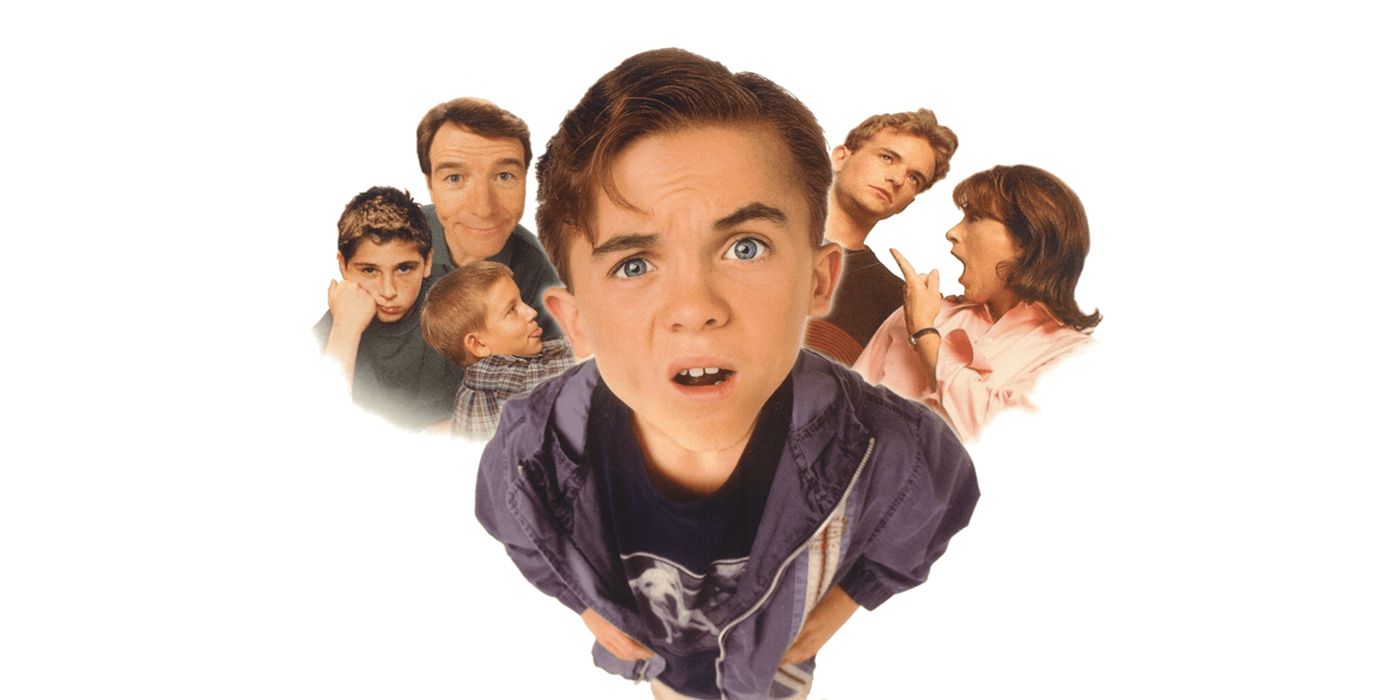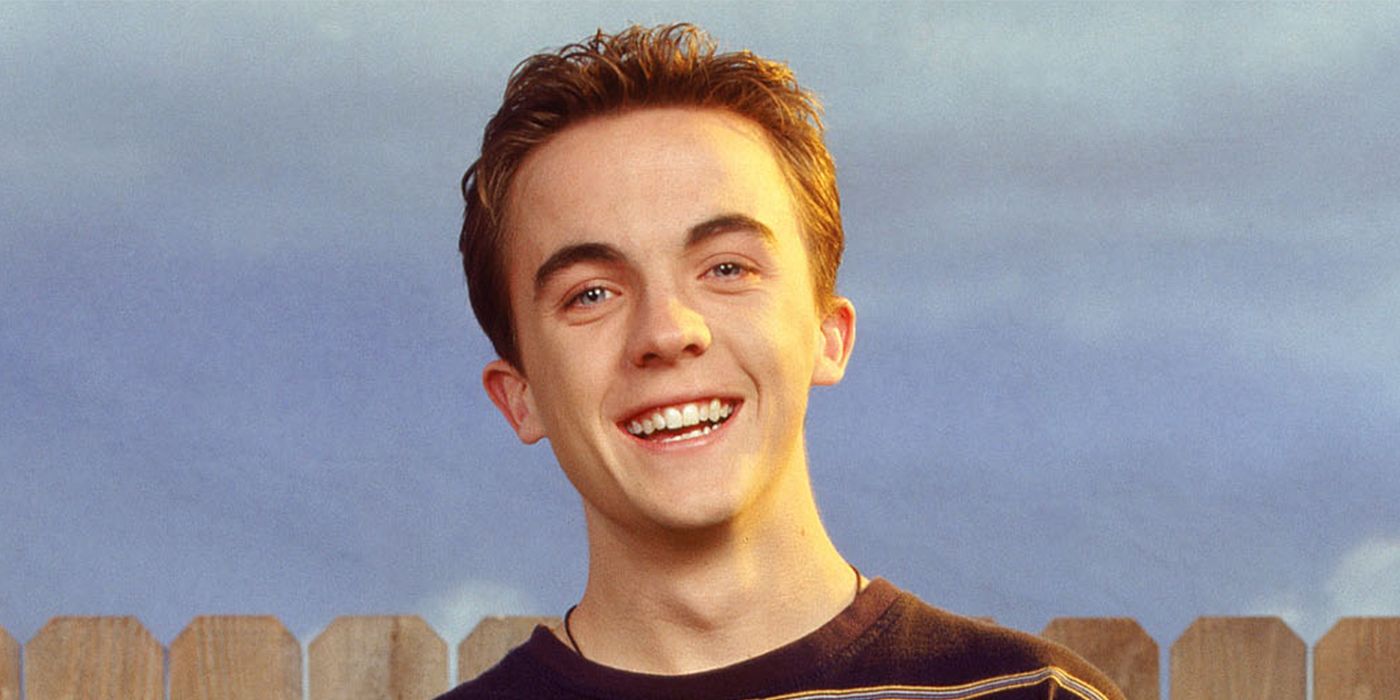Malcolm in the Middle is one of the most beloved sitcoms of the 21st century. It kickstarted the careers of its stars, most prominently Frankie Muniz as Malcolm, and gave Bryan Cranston a resurgence in his after starring as series patriarch, Hal. Much of the reason why this show is so well-remembered is because of the charms of young Muniz, and Malcolm's perceived ability to break the fourth wall, a la Deadpool.
Obviously, young Malcolm used much less profanity than Ryan Reynolds’ Wade Wilson, but if a recent Reddit theory is to be believed, Malcolm may be a bit more unhinged than previously thought.
According to user Primetime22, Malcolm was never actually breaking the fourth wall, but rather, he was literally pretending to be in a television show. Now, such a theory would drastically change how a viewer might interpret the series, so what’s the evidence? Well, this particular theory also comes with some incredibly specific examples to back the idea up.
The first point the theorist makes draws attention to Malcolm’s home life. As can obviously be seen in the show, Malcolm’s family is constantly hanging on the edge, emotionally and financially speaking. The Reddit user suggests that this is the catalyst for Malcolm’s narration. To them, Malcolm copes with his lot in life by placing himself into the role of the protagonist of a television show, and he does this by narrating his thoughts out loud. They defend this reasoning by reminding us of Malcolm and his brothers’ love of television, as can be seen in the various television programs that flash by in the show’s opening credits.
If everyone can hear Malcolm when he’s doing his fourth-wall-breaking shtick, then why doesn’t anybody say anything? The theory then draws attention to the finale, as well as Malcolm’s family in general, stating that they are “no stranger to keeping secrets for Malcolm’s benefit.” They also say they’re familiar with manipulating others for their own personal gain, and that can be seen throughout the show.
One might reasonably assume that Malcolm’s family could take advantage of his penchant for speaking his thoughts out loud, and the theory uses specific examples to back this assumption up. There are multiple episodes wherein Malcolm breaking the fourth wall has some sort of consequence in his real-life -- even in the show’s pilot.
In the pilot, Malcolm makes a private comment to the audience about how Lois shaves Hal’s body. Immediately, Lois responds to the narration questioning what they’re going to do with all of the hair. This direct, relevant response to Malcolm’s fourth-wall-breaking antics isn’t just an outlier, either.
Even complete strangers seem to respond to Malcolm’s narration, as can be seen in the episode “Burning Man.” As he’s standing in a line, he remarks to the audience regarding the line’s ridiculous length. After he finishes, the man next to him turns and tells him to go check out another line. Would this man have said that to Malcolm had he not heard his narration? Probably not.
Another good example comes from the episode “Ida’s Boyfriend,” in which Malcolm gets his tongue pierced. After realizing he now has trouble pronouncing the letter “S” without a lisp, he tells the audience that he only needs to be careful with talking in order to hide the piercing from his parents. He finishes by saying “Simple!” with an obvious lisp. If the narration were really inside Malcolm’s head, why would he be lisping? The evidence is beginning to pile up!
So, is Malcolm actually using his narration to cope with his chaotic life? Maybe, maybe not. There are certainly many examples that show Malcolm’s narration being tied to his real life, but most of the time, Malcolm’s narration is really only heard by the audience. Just as well, too, as it is fairly difficult to believe that nobody in Malcolm's life would point out just how odd it is to narrate your life like a television show.
That being said, this is a well-presented and well-defended theory, and should certainly make for an interesting lens to view the show through on your next binge-watch.




